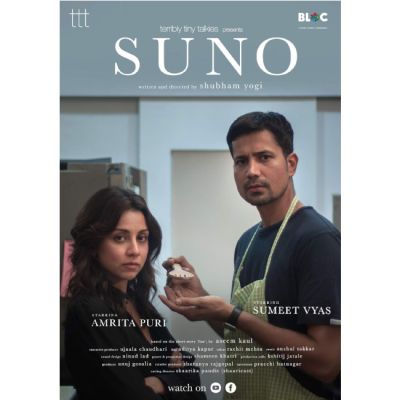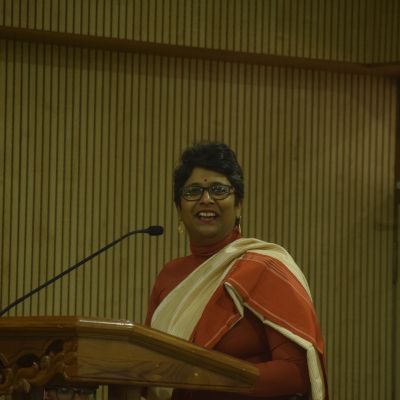Feminism
Looking down upon the earth from many miles up in the sky, the divisions between land masses and water bodies…
Could it be that other changes in our lives make it even more difficult to conceive the desire of the ‘other’, specifically of those with whom we don’t share as many conversations, with whom we’ll soon, I expect, lose entirely the ability to speak?
Intimacy can never thrive in an environment of rigid certainty. Intimacy requires surrender – not in the sense of submission – but in the willingness to be with another person without detachment or defences.
The language of consent is not neutral. It is rigid where it should be nuanced, malleable where it should be firm. Yes is an all-encompassing spirit, ever-expanding; No is frustratingly constricted, barely visible.
There may be situations in which a person’s responses might not be unquestionably equated with consent. Is consent merely a ‘yes’ or does one need to look for other cues to make sure their partner wants the same thing as them when it comes to intimacy?
The sheer ignorance of the intricacies of consent, or its performance, serves only to strengthen the enduring patriarchal framework that holds sway in a society where the bodies, desires, and even voices of women have been, and, tragically, continue to be, defined and controlled by men.
Consequently, a “yes” – whether verbal or gestural – cannot be shallowly inferred as an authentic, unambiguous, and static agreement to a “contract” proposed by men.
When a woman, in her own house, is told by her family members, to always seek their consent before doing anything, and to always keep them informed of every activity she engages in, or even to seek a job in her chosen field, her freedom is taken away from her. She is expected to take their consent for anything and everything, but her own consent is taken away from her.
… when they believed we were of the right age to marry, they urged us to “leave everything behind and get settled”. When marriage is considered such an important institution in our society, why not teach us about consent as well?
Even in these times when sexuality is talked about more than ever before, even as we are beginning to talk about sexual pleasure and not just violations, acknowledging our fantasies isn’t easy, particularly if they are of the kind that seem to defy our politics.
Marriage also feels complicated when one approaches it through the lens of feminism. Marriage throws in two people and often their families into a system designed to perpetuate patriarchy, subjugate women, and bind men and women (in heteronormative marriage) into strict roles in the marriage.
I feel that parents, teachers and CSE can make room for these disparate realities of adolescents by first acknowledging the limits of formal sexuality education, that the curriculum imparted formally fails in providing the kind of learning that happens through other sources.
Despite the lack of a formal Comprehensive Sexuality Education (CSE) curriculum in place in India, there has been a growing interest in providing CSE programmes in schools.
Everyone talks about how nobody can put a price on how much homemakers do for us, but nobody talks about the kind of behaviour they are subjected to almost every day.
That little baby born in spring,
Shall “he” identify as Queer?
Regardless, Polaris feels queer!















